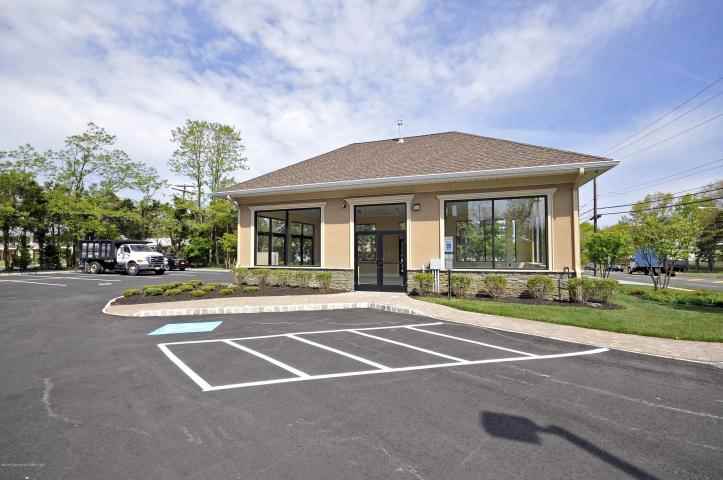If you or someone you love is suffering from drug addiction, you already know how painful and detrimental it can be. Drug addiction has negative effects on your health, your relationships, your ability to hold down a job and everything else that\’s important in life. The good news, though, is that drug addiction is a disease like any other, and like any other, it can be treated.
There are numerous treatments out there for drug addiction. Some are traditional twelve-step programs; others are therapy- or religious-based. Oftentimes the type of treatment needed will be determined by the drug to which you\’re addicted. For many addictions, specifically opioid addiction, medication-assisted treatments work best. The two most common medication-assisted treatments are methadone treatment and suboxone treatment, which are both used to treat people with opioid addictions. These include addictions to the following:
- Heroin
- Hydrocodone
- Codeine
- Oxycodone
Methadone and Suboxone Treatments
Methadone is what is known as a \”synthetic opioid analgesic.\” A single daily dose it taken, slowly released into the body over the course of the day. It works by targeting the part of the brain triggered by opioids. It does have some pain-relieving components, but it blocks the strongest feelings of euphoria normally triggered by opioids. This allows addicts to satisfy their bodies\’ dependence on the drug, keeping them from going into withdrawals.
However, because it does still have some pain-relieving qualities and can cause lessened feelings of euphoria if taken in larger doses, it\’s still sometimes abused by addicts. Methadone clinics often combat the abuse by having addicts come to the clinic once every day to receive their dose instead of writing them prescriptions or allowing them to take anything home.
Methadone can be administered in either pill or liquid form. Clinics that require you to come in once a day for a dose are more likely to use the liquid form of the medication. Doctors who write prescriptions, on the other hand, are more likely to write it for the pill form.
Suboxone, on the other hand, has no pain-relieving qualities and does not produce any feelings of euphoria or pleasure at all. This is why it\’s become the most popular treatment for opioid addiction over the past several years.
Suboxone is made up of buprenorphine and naloxone, which are two different drugs that do two very important things. Buprenorphine works a lot like methadone. It gives your body just enough opiates to keep you from experiencing painful withdrawal symptoms including, but not limited to, the following:
- Diarrhea
- Stomach Cramps
- Vomiting
- Nausea
- Hot and Cold Flashes
- Restless Leg Syndrome
- Headaches
- Muscle Cramps
- and more.
The naloxone, though, blocks the receptors in the brain that give you the euphoric feelings after taking opiates. This means there\’s absolutely no high, no pleasure and no pain relief from taking this medication. In other words, you can take the medicine your body needs to keep from getting sick, but you don\’t get any pleasure from it, which eventually rids you of the addiction.
Because the potential of abuse is lower than with methadone, suboxone clinics and doctors who treat opioid patients will often write prescriptions for suboxone, eliminating the need for you to come in every single day to receive a dose. Although, you should be aware that some places will require this for the first week or so just to observe your reaction to the drug.
It\’s taken sublingually in either a pill or film form. It is placed either under the tongue or on the inside of the cheek to dissolve.
The usual treatment plan for both drugs is to wean you down from a large dose to a small dose before eventually getting you off the medication completely. The ultimate goal by the end of both treatments is for your body to come off the medication with almost no symptoms of withdrawal because you\’ve cut down to such a low dosage before giving it up completely.
No matter which of these options you ultimately decide to choose, the important thing is that you choose one and stick with it. Addiction is a hard disease to beat, but it can be beaten. Don\’t waste another second of your life addicted to something that is slowly killing you. Pick up the phone now and call at 833-820-2922 to start your journey to recovery.

